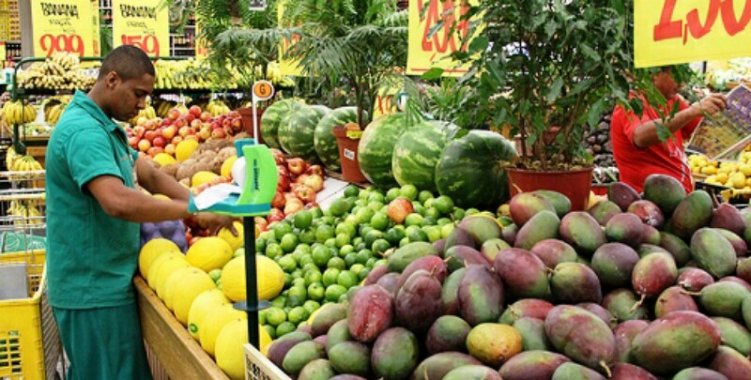In a statement to the Expansion, Precioso Domingos, an economist and researcher at the Catholic University's Center for Scientific Studies and Research, explained that the salary supplement was created in a "logic that if they have access to an extra that derives from work," the employees "will have no incentives to negotiate locally, i.e. ask for gas. However, it may be seen as an incentive from the "fine hunt".
The complement "provides inequality in public service salaries," said Preciso Domingos.
However, he admitted that "if there is better control, it can improve revenue collection for the state, but it will always have a perverse effect of a possible fine hunt. If there is a fine hunt, it only makes the business environment worse.
It should be recalled that last week, a decree was published in the Diário da República that foresees that the revenues collected will serve to "optimize the inspection capacity" of ANIESA, but also to ensure a "complementary salary" that stimulates the employees "in the exercise of their activities.
According to the Expansion, about 40 percent of the value of the fines and fees collected by ANIESA will revert to the General State Budget and the rest will go to the authority. Part of the sum will go to the central authority and part to the local inspection services that have collected that sum. The division, in percentage terms, will be defined later by a statute of its own.







